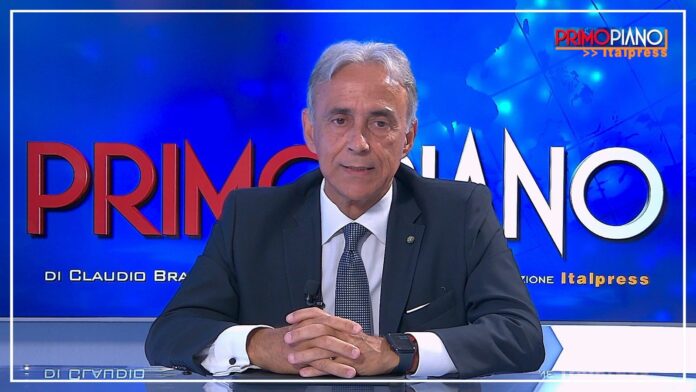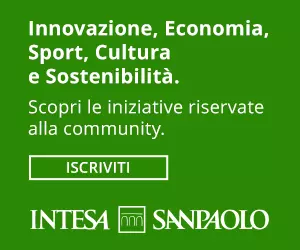ROME (ITALPRESS/MNA) – Knowing and making known Africa, its opportunities in terms of development, but also its needs, such as health and training. This is the mission of Ecam – European Corporate Council on Africa and the Middle East. Its Secretary General, Ettore Sequi, was interviewed for Primo Piano presented by Claudio Brachino for the Italpress agency, about the developing projects in the various African countries and provide a complete picture of opportunities, the urgencies and challenges in the same continent.
A particular development carried out by Ecam, which starts from afar, will be involving the foundations of States in which situations are deep and critical from multiple perspectives but can also serve as valuable opportunities, that in Europe could be conceived as obvious or easy to access.
“Knowing Ecam means understanding what opportunities the African continent brings with it”, said Ambassador Sequi: “Ecam is a private non-profit organisation, which deals with relations between Europe, Italy and countries in the African and Gulf area. Our goal is to promote knowledge of areas that are part of East Africa and beyond, encouraging their development. All this is due to the intuition of a very successful businessman and philanthropist, Kamel Ghribi, who had this brilliant idea that he is carrying forward with commitment and success”.
He explained, “cooperation through actors such as Europe, North and Central Africa and the Gulf has a number of opportunities, from business development to health, agriculture and training. Ecam has a natural vocation to foster dialogue and knowledge, with its resources aimed at the humanitarian sector, which is essential for assisting populations often severely affected such as in Gaza”.
“From a health point of view, we have achieved important results. An important children’s heart surgery centre has been set up in Tunisia, where we have also supplied oxygen and ventilators. When there was the earthquake that hit Turkey and Syria,” Sequi continued, “we sent emergency equipment, ambulances, medicines and health kits for the population”.
In fact, there are several projects in support of sectors such as health and training in African countries, all in full “interaction and cooperation” with small and medium-sized Italian companies, as well as hospitals and institutes. “In this sense,” continued Sequi, “we have developed a project that guarantees the training of young heart surgeons who in Milan learn to perform delicate operations for children with hearts created by a 3D technology. Under the direction of an Italian medical team, these young people specialise in dealing with pathologies that would be complicated to treat in the countries of origin. Again, in Còte d’Ivoire, Ecam is moving forward with a project to provide, through small and medium-sized Italian enterprises, machines and technologies for the commercialisation of cocoa”.
“Such opportunities”, highlighted the secretary general, “always go through training, and in this sense the example of the agreement with the Garibaldi institute in Rome is a good example, through which we provide scholarships to young Africans in agricultural and management of small businesses, helping to create a certain type of stability both in Italy and in Africa should these children return to their countries of origin.”
Ecam’s work, however, goes through geopolitical situations that are not easy to resolve, with effects of influence not only in the north of the continent, “but often originated from everything that happens in central Africa,” Sequi continued, while observing the constant competition brought by states like Russia and China. “These world powers are well present in Africa for the acquisition of fundamental raw materials,” said Sequi, while adding that from a military point of view the Russian presence is intense, both in the Sael and in the Mediterranean area, from Syria to Libya, to Tunisia and Sudan. He emphasized that Europe is also beginning to understand the risks of neglecting Africa. “What is happening in the Red Sea,” he concluded, “has a precise impact on small and medium-sized enterprises, which can reduce costs, insurance, in terms of fuel and timing, compared to large companies that are able to cushion any losses due to such conflicts”.
– Photo Italpress –
(ITALPRESS).














